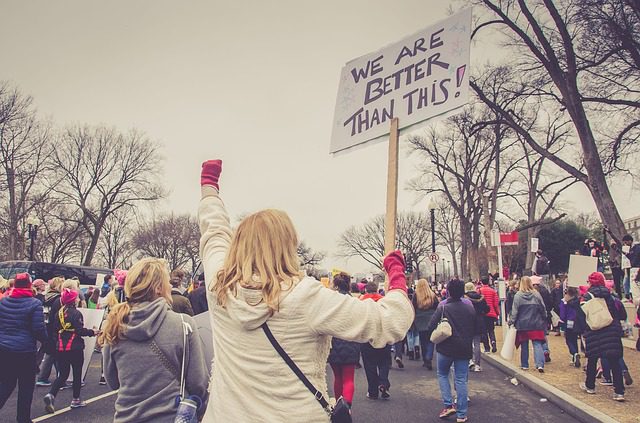Student protests over proposed cuts at Sydney University will kick off this Friday, with a week of action to follow. The university has ‘paused’ hiring staff for the second semester of this year, casting doubt on their ability to offer a full suite of classes.
Protesters from the University of Sydney’s Student Representative Council will be joined by activists from the Sydney University Education Action Group and Staff & Students Say NO CUTS group as they gather at the University on Friday afternoon. Jack Mansell, Education Officer of the Student Representative Council, said he was disappointed in the university’s efforts to pass the burden of losses onto students and staff.
“At Sydney Uni, they’ve lost around 470 million dollars, and one of the first things they did to try and make back the money has been to cut 93 million dollars out of casual teaching budgets as well as new hiring, which has put a bunch of subjects that those teachers would have taught on the chopping block,” Mr Mansell said.
“What we’re facing is essentially, ‘Who’s going to pay for the crisis of education?’ The protest and our week of action is about saying ‘staff and students shouldn’t pay for it’, it should come out of the university’s bank accounts instead.”
The protesters will observe social distancing restrictions by gathering in discreet groups of 10 people and spacing themselves accordingly. The University of Sydney has not made an official statement about the protests. However, an email from the Vice-Chancellor Dr Michael Spence sent to all staff featured on the university’s media page stated members of the university executive had agreed to suspend the annual review of their salaries in July and hold them at current levels.
“Sustaining the University through this period and into recovery will depend on our ability to meet our savings targets, and the student revenue we are able to generate in Semester 2 and in Semester 1 next year,” the Prof. Spence said.
“We must continue to take a prudent approach to the way we manage our finances, and each of us has a role to play in this.”
Efforts to contact the University for further comment were unsuccessful.


